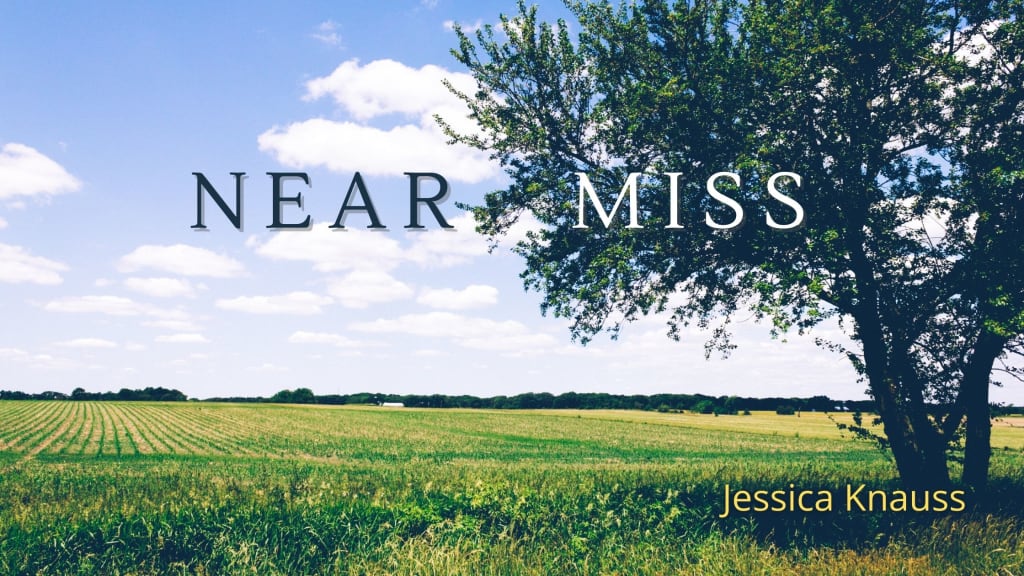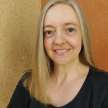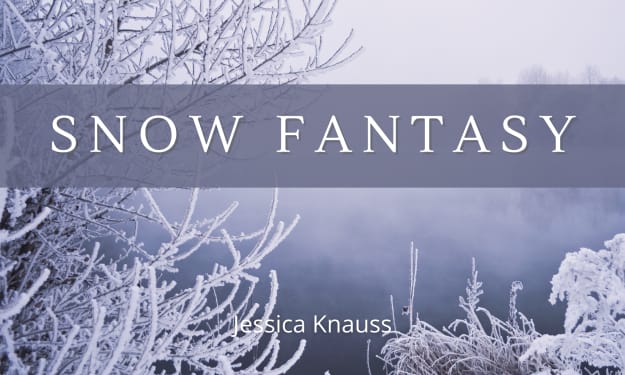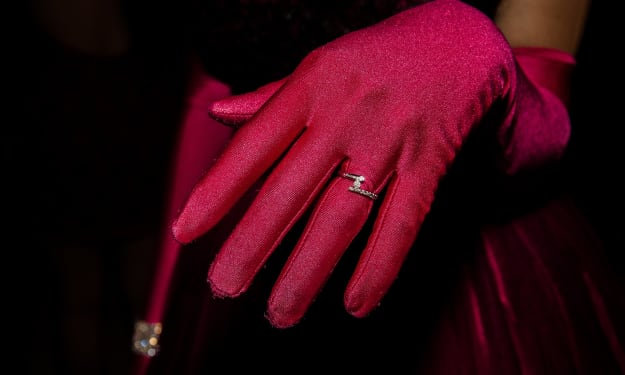
My brother lived in Brooklyn in September 2001, and had an uninterrupted view of Manhattan, where his husband was working, on the eleventh. Fortunately, my brother's husband made it home by the end of the day, unscathed in body.
I also had a cousin working at the Pentagon twenty years ago. They were in one of the other corners of the building.
Twenty years ago, I was working in the cataloguing department at the law library at Boston University. Just as in New York, in Boston, the morning dawned beautifully, and it was an uneventful commute on the bus and tram-subway Green Line.
My supervisor had just returned from a vacation in Arizona, and the atmosphere was light in celebration of her return. Until it wasn't. Everything switched in an instant.
It was the early days of internet reporting, and I sat alone in my office watching unedited streams of BBC reporters shouting questions at people running for their lives covered in dust.
With those strange videos in a small window while I performed mechanical cataloguing tasks in another, I watched replays of the second plane hitting--the moment we knew the first hadn't been a mistake. I watched the towers fall, something that had seemed impossible hours before.
A coworker from serials came to my open door to tell me, "They hit the Pentagon!"
United 93 went down in Pennsylvania.
More news poured in relentlessly from the internet and from the common area even as I retreated farther into my office. I had taken out my turkey sandwich already and taken a few bites--like sawdust--when the news came that the university president was sending all nonessential workers home.
The people on the crowded Green Line were worried Boston would be next. The beloved skyline took on a patina of nostalgia: What if this is the last time we see it like this?
But mostly, people wanted to go home and hug their families. As more and more stories about this day came out, it was apparent that even though we go to work every day and do thousands of different things, our priority is to express our love to our families.
In a surreal way, it was fortunate that I was sent home, because I'd just moved into a new apartment. If I'd been at work, I would've missed the technician who activated my phone line. (Remember phone lines? No?) We wished each other safety before he left, which felt unusual in stuffy Boston.
The first person I called was my mother in Oregon. We still weren't sure if there would be more targets, perhaps out West. All was uncertainty, but at least she let me know she'd talked to my brother, and he was okay.
I had visited my brother in Brooklyn in December 2000, and we went to the World Trade Center. Seeing the length of the line to go up the elevators to the observation deck, we took a rain check. One that could never be cashed, as it turned out.
September 11 was the day everything changed. I had a sense of that before the day was over, and decided I would do what I could to make a positive change. That afternoon, I filled out applications to PhD programs in medieval Spanish. (To my surprise and delight, I was admitted to Brown University, but that's another story.)
The commute to work on Wednesday, September 12, was overcast and utterly silent. Like any grief, first came the shock. The conversations on the bus and Green Line never recovered their former raucousness, that I remember. Or maybe it's just that I couldn't recover my former naivete.
Never before had I considered that anyone would aim to do such devastating harm to others, because I did not have that impulse myself.
I was 26 years old, and I had just experienced my before-and-after, my Pearl Harbor, my watershed moment. Although I didn't lose anyone in the attacks and did not live near Ground Zero, I experienced it as a near miss.
Psychologically, it hit the target. The world went from simple and fairly reasonable to complex with sinister undertones. I had grown up in a world in which I didn't have to worry what people in other countries were thinking about the United States. And now I was expected to play a game with so many more players than I'd been expecting, most of whom didn't play by the rules.
Sometime before I went off to study medieval Spanish literature, I had an emotionally draining dream. I was hurrying to crush into a crowded elevator, and I had a little girl with me. I had to hold her close to me to keep her safe. As we ascended, people started getting off the elevator to work in offices.
Finally, the elevator doors opened onto a terrifying scene of fire and wreckage. We were going up the World Trade Center on exactly the wrong day! I could feel the fire's skin-melting heat.
The last person got off the elevator, deliberately walking into that death and destruction. "No, don't look," I told the little girl. She must not see what was happening, at all costs. The door closed and the elevator continued upward.
I was determined to keep going up until the door opened onto an acceptable safe space for this little girl.
The therapist I had at the time said the girl represented the persistently innocent aspect of my psyche. (He was a Jungian archetype fan--so was I!) If he's right, I've experienced many traumas since then, and... let me check...
Yep, that little girl is still there. I've somehow protected her from ever seeing the depths to which reality can sink. She is the one thing that has not changed, not on September 11, not in any of the personally dismal situations I've wandered into, and not in 2020.
Perhaps the day schools or work closed in March 2020 is the watershed of the new generation. Unlike September 11, 2001, which didn't directly affect me or my family, I have friends and family who've contracted COVID-19, some with devastating long-term effects. Yet again, the worst things going on in the world are near misses, nearer all the time.
Yet I persist in innocence and even optimism. I've been able to keep that little girl from "growing up." I hope that you have been taking care of your inner children throughout the crises of your life, and that they never change.
About the Creator
Jessica Knauss
I’m an author who writes great stories that must be told to immerse my readers in new worlds of wondrous possibility.
Here, I publish unusually entertaining fiction and fascinating nonfiction on a semi-regular basis.
JessicaKnauss.com






Comments
There are no comments for this story
Be the first to respond and start the conversation.